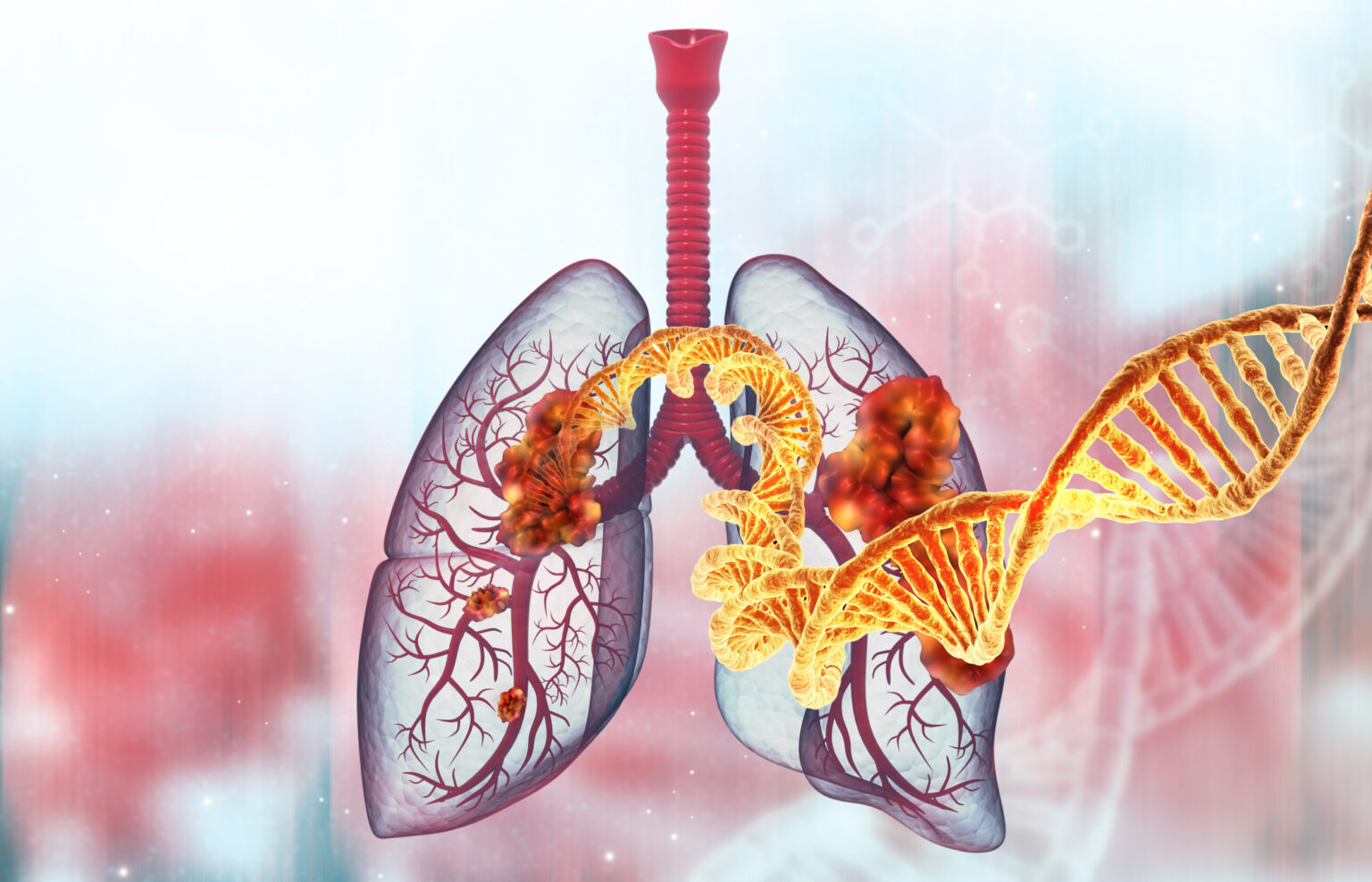Lung cancer appears to mutate more in patients living in areas with higher levels of fine-particulate air pollution, such as that released by vehicles and air pollution.
This is the conclusion of a study from the National Institutes of Health and the University of California, San Diego, which studied tumors in nearly 900 lung cancer patients who had never smoked.
Despite this, paper author and oncologist Maria Teresa Landi of the National Cancer Institute told Newsweek, those in areas of higher air pollution “had a pattern of mutations that is typical of tumors from subjects who have smoked tobacco.”
Previous studies into the genomics of lung cancer have tended to focus exclusively on people who smoke tobacco, leaving a significant gap in our understanding of how the disease develops.
In contrast, the new work represents the largest-ever whole-genome study of lung cancer patients who have never smoked—who account for 25 percent of all lung cancer cases worldwide—and could help us identify new ways to protect against the condition.
The findings, the team writes, are “underscoring the importance of environmental mutagenic factors in shaping the lung cancer genomes of never smokers.”
In their study, the researchers analyzed lung tumors found in 871 patients, none of whom had ever smoked, as part of the international Sherlock-Lung study.
The team then cross-referenced the geographic locations of each patient with measurements of PM2.5 air pollution—particulate matter less than 2.5 micrometers in diameter, or about forty times thinner than the average human hair—sorting each subject into high and low levels of air pollution.
The researchers found associations between air pollution exposure and mutations in several genes that were previously linked with tobacco smoking. These included changes in the tumor-suppressing “TP53” gene.
Alongside this, the team noted a relationship between air pollution exposure and the premature shortening of “telomeres”, sections of DNA found at the end of chromosomes that act like the protective aglets at the end of shoelaces.
Telomeres naturally shorten every time they are involved in cellular divisions and when they get too short, they become unable to replicate and die. Shorter telomeres are associated with genetic instability.
“Shorter telomeres are a sign of more rapid cell division, a hallmark of cancer,” Landi said. She added: “This observation suggests that air pollution may be promoting the growth of lung cancer as well as causing changes that might initiate a cancer.”
Unexpectedly, the analysis also revealed that although exposure to secondhand smoke was associated with a slight increase in mutation rates and shortened telomeres, it did not appear to lead to an increase in cancer-driving mutations.
This, the team said, suggests that secondhand smoke may present less of a risk of causing genetic mutations than air pollution.
This does not mean, however, that secondhand smoke is safe. As the researchers note: “Additional non-mutagenic carcinogenesis could be contributing to the observed rise in lung cancer in those exposed to secondhand smoke.”
Do you have a tip on a health story that Newsweek should be covering? Do you have a question about lung cancer? Let us know via health@newsweek.com.
Reference
Díaz-Gay, M., Zhang, T., Hoang, P. H., Leduc, C., Baine, M. K., Travis, W. D., Sholl, L. M., Joubert, P., Khandekar, A., Zhao, W., Steele, C. D., Otlu, B., Nandi, S. P., Vangara, R., Bergstrom, E. N., Kazachkova, M., Pich, O., Swanton, C., Hsiung, C. A., … Landi, M. T. (2025). The mutagenic forces shaping the genomes of lung cancer in never smokers. Nature. https://doi.org/10.1038/s41586-025-09219-0
Read the full article here

